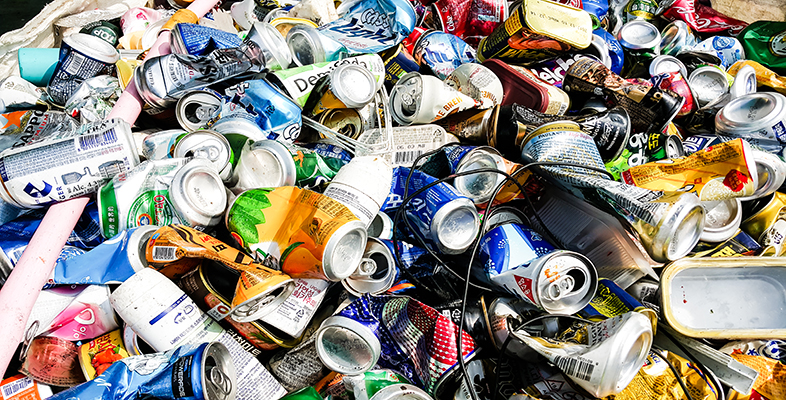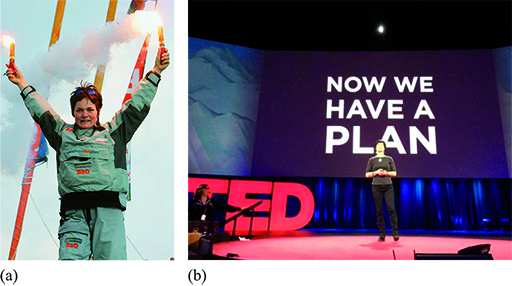The Ellen MacArthur Foundation
Dame Ellen MacArthur is a famous competitive sailor who first hit the headlines in 2001 when she raced single-handedly non-stop around the globe. She then rose to fame in 2005 when she became the fastest person to circumnavigate the globe single-handedly in just over 71 days. On her return she was honoured by the Queen in recognition of her achievements.
So what makes a successful competitive sailor retire from what she loves and start a charitable foundation that aspires to fundamentally change the way we do things? It doesn’t seem a logical step. Or does it?
Whilst spending several months alone on her boat speeding through the oceans, MacArthur survived on a limited supply of water, food and fuel. Her boat was her world, her life depended on it. When she stepped ashore she was struck by what it really meant to live with finite resources. She saw her boat as a metaphor for the world:
Never in my life had I ever translated that definition of finite that I had felt onboard to anything outside of sailing until I stepped off the boat at the finish line having broken that record. Suddenly I connected the dots. Our global economy is no different. It is entirely dependent on finite materials we only have once in the history of humanity.
In 2010, she set up the Ellen MacArthur Foundation, the world’s leading proponent of the circular economy.

